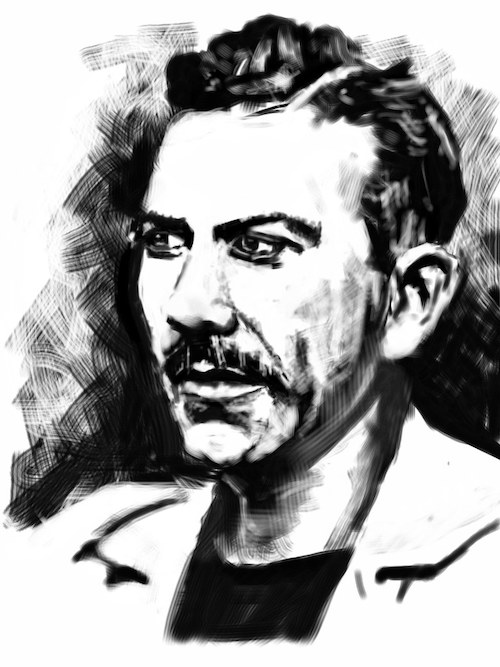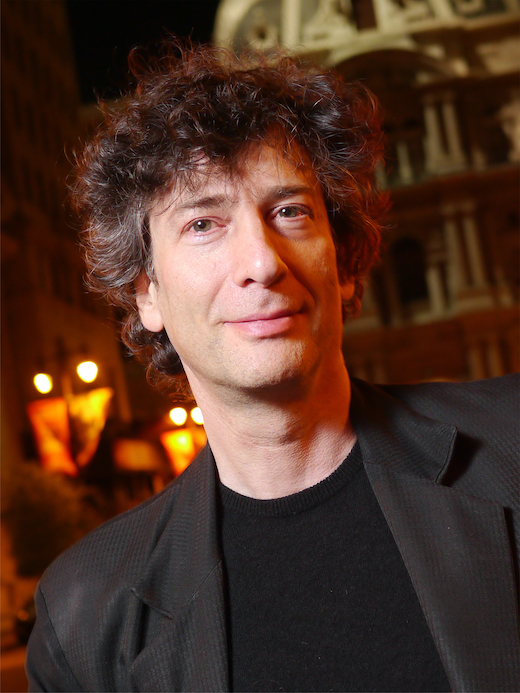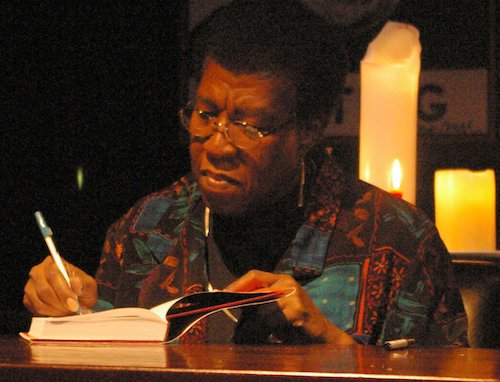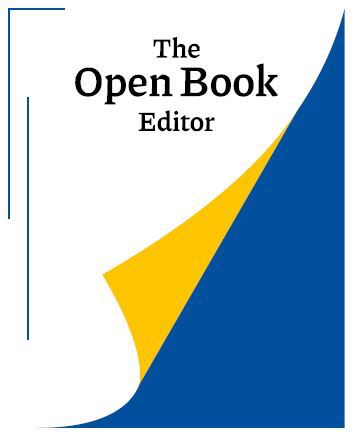Reading editing tips from authors reminds us that all writers, not just aspiring novelists, can struggle to write and edit their books. Great writers aren’t born famous or with fully-fledged talent. This comes after years of developing the craft.
It stands to reason that some of the most successful and prolific authors are those who have done most to hone their skills. So, you can improve your own editing and avoid potential pitfalls by learning from their advice. If you’re stuck in a writing rut or struggling to edit your book, these tips from authors can help you learn more about the craft while inspiring you to keep on writing.
“Write with the door closed, rewrite with the door open.”
—Stephen King

When it comes to tips from authors, you can’t do better than Stephen King. In his book On Writing: A Memoir of the Craft, King offers plenty of advice to new writers. This particular quote is a nod at the different ways you should approach writing and editing.
When you’re first putting the words down on paper, you’re writing for yourself; but when you start to edit, you’re re-writing for everyone else, so it’s advisable to get outside opinions. Writing is done inside a bubble, but effective editing is done with external critique and suggestions.
“Try to read your own work as a stranger would read it, or even better, as an enemy would.”
—Zadie Smith
As an author who rose to fame and acclaim at the tender age of 25, Zadie Smith is someone whose editing advice we should all be taking. When editing your manuscript, you need to approach it as objectively and critically as possible. Try setting your finished book aside for a few weeks (or more), then reading it as though it’s someone else’s work.
While this is one of the most common tips from authors out there, it’s also easier said than done. Most of us can’t help but be subjective about our books, which is why hiring an editor can be helpful. A capable editor can offer the objective perspective you might struggle to achieve alone.

“Every sentence must do one of two things—reveal character or advance the action.”
—Kurt Vonnegut

Kurt Vonnegut wasn’t one to elaborate or wax poetic in his work. He was intentionally utilitarian with his use of language and took William Faulkner’s advice to ‘kill your darlings’ seriously.
To Vonnegut, if a sentence didn’t advance or add to the story in a significant way, it didn’t deserve to be there. As far as tips from authors go, this is a good one. Vonnegut’s sparse, careful use of language is precisely what makes his style so recognizable and popular.
“If you are using dialogue—say it aloud as you write it. Only then will it have the sound of speech.”
—John Steinbeck
Dialogue can be one of the trickiest parts of writing believable characters. You want the characters in your book to sound like real people, not robots from another planet (unless your book just so happens to be about robots from another planet, that is).
Reading your dialogue aloud will help you to hear the nuances and rhythms of the conversation. It will help you to identify unique speech markers for different characters, as well as pick out stilted or forced dialogue. If it sounds odd when you read it out loud, then your readers will probably find it unsatisfying, as well.

“Remember: when people tell you something’s wrong or doesn’t work for them, they are almost always right. When they tell you exactly what they think is wrong and how to fix it, they are almost always wrong.”
—Neil Gaiman

Neil Gaiman has an astounding body of work: over 25 books, several films and TV shows, and an impressive record for penning and illustrating comics. So, Gaiman’s advice is worth taking seriously.
In the above quote, Gaiman is saying that you should be open to other people’s critiques, but never edit to suit their specific tastes. If someone tells you exactly how to fix a problem with your fiction or non-fiction book and you’re not convinced, don’t listen to them. But when someone tells you something doesn’t feel right, trust that other readers will react the same way and that you need to go back and rework it.
“You don’t start out writing good stuff. You start out writing crap and thinking it’s good stuff, and then gradually you get better at it. That’s why I say one of the most valuable traits is persistence.”
—Octavia E. Butler
It can be easy to believe that famous writers never struggle with mundane problems like writer’s block or stilted prose. But if this particular tip tells you anything, it’s that even greats, like Octavia E. Butler, work hard at improving their craft.
Few authors can write spectacularly from the start. Hemingway, McEwan, and King all spent years working on their writing before they even got published, much less famous. The point Butler and these other writers are trying to get across is that you might start out writing rubbish, but you will get better over time. Your persistence will pay off.

Choose which tips from authors work for you
These editing tips from authors should prove useful as you develop your book. As always, choose which truisms to take to heart and which ones to leave aside. Every author is unique and what works for one writer might not necessarily work for another.
And if you find you’re spinning your wheels in place or getting frustrated, our personalised author coaching might be just what you need. We’ll help you build on these tips from authors and guide you through the ups and downs of how to get your book out into the world!



This is a great article. Very insightful. Thanks for the post.